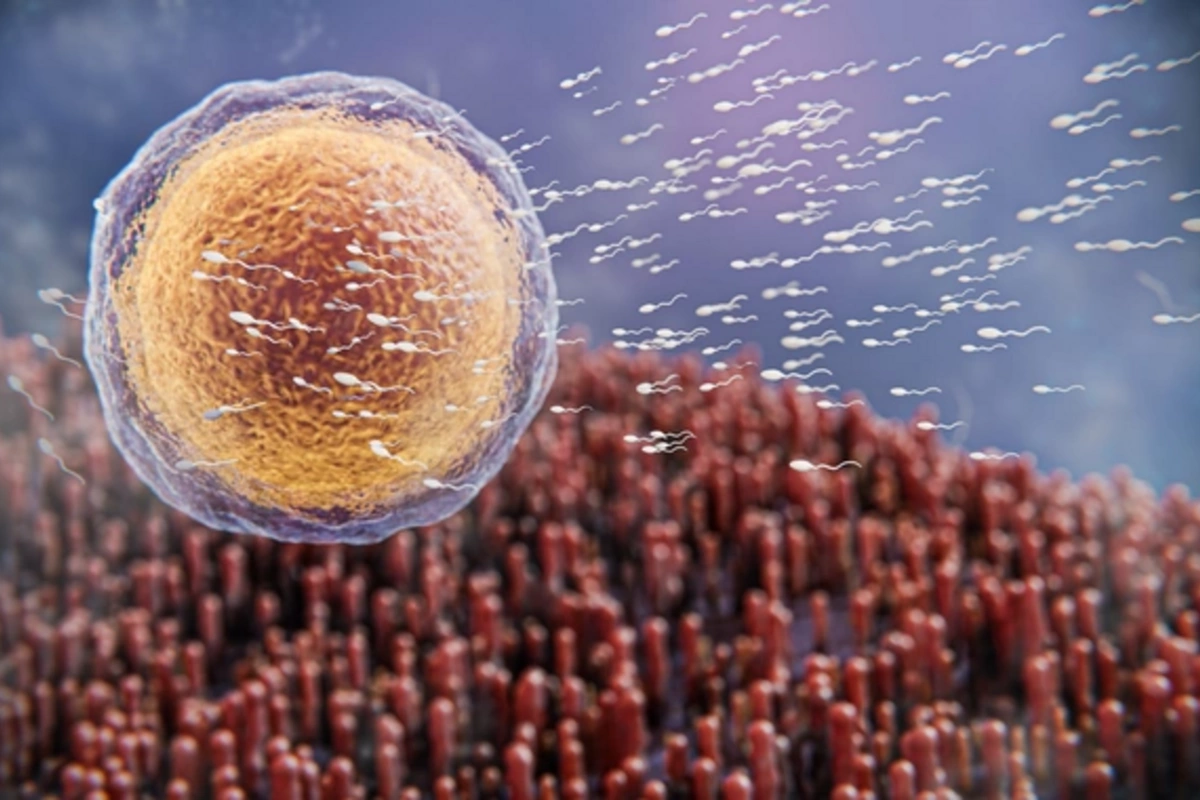18 Jul , 15:22
0

INTESTINAL BACTERIA BECOME ALLIES IN THE FIGHT AGAINST CANCER: SCIENTISTS REVEAL NEW TREATMENT PERSPECTIVES
Gut microflora is increasingly becoming the focus of scientists studying ways to improve the effectiveness of cancer therapy. New research has shown that certain intestinal bacteria can enhance the body's response to cancer treatments, including immunotherapy and chemotherapy.
One such bacterium - Akkermansia muciniphila - plays a key role in maintaining the integrity of the intestinal barrier and regulating the immune system. Studies have shown that in patients who have this bacterium in sufficient quantities, tumor treatment is more effective. The immune system more actively recognizes and attacks cancer cells, and the side effects of therapy become less pronounced.
It has also been discovered that microflora diversity is an important factor for a successful response to therapy. The richer the composition of intestinal bacteria, the better the body responds to medications. Some microbes produce substances that enhance the effect of drugs or reduce inflammatory processes that hinder recovery.
Scientists have already begun to develop methods to "prepare" the microflora for treatment - for example, using probiotics, changing diet, or transplanting intestinal microbiota. Such approaches may become part of comprehensive therapy in the fight against oncological diseases.
These discoveries open new horizons in medicine: the influence of microbes on treatment effectiveness is no longer perceived as a secondary factor. Perhaps in the future, assessment and correction of microflora will become a mandatory part of the oncotherapy protocol.